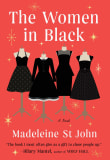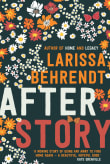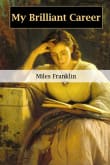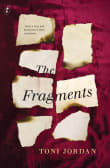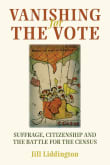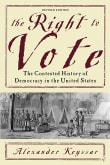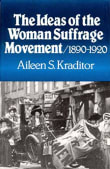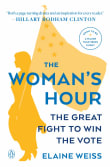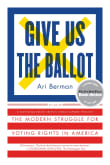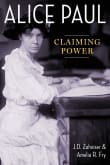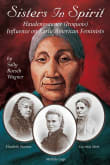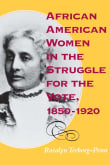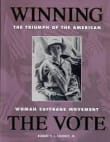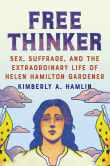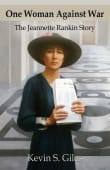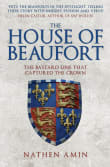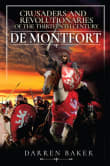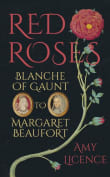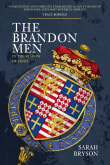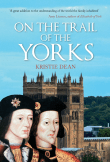The Dictionary of Lost Words
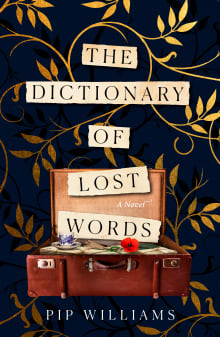
Book description
'An enchanting story about love, loss and the power of language' Elizabeth Macneal, author of The Doll Factory
Sometimes you have to start with what's lost to truly find yourself...
Motherless and irrepressibly curious, Esme spends her childhood at her father's feet as he and his team gather words for…
Why read it?
6 authors picked The Dictionary of Lost Words as one of their favorite books. Why do they recommend it?

I love this book of historical fiction that begins with a little girl, Esme, watching and listening under the table where her father and other male academics discuss what words are acceptable for the first edition of the Oxford English Dictionary.
The words that catch Esme’s attention are the slang references to women’s bodies, considered unworthy of inclusion. Readers follow Esme through the personal growth and tumult that includes encounters with the women’s suffrage movement and the pain of living through World War I.
Ultimately, I take satisfaction that her daughter has become an accomplished linguist. Esme’s life story lingers…

When an author has the skill to make a potentially dry subject an emotional page-turner, they have my deepest respect. This is a sweeping novel that relies on meticulous historical research and a brilliant fictional main character to explain how the first Oxford English Dictionary (OED) was compiled.
Against the background of the suffragette movement, the First World War, and the British class system, the author shines a light on some of the words that were discarded, who they belonged to, and why it matters that they have legitimacy.

I loved the premise before I even opened the book, and then I loved the book.
Williams provides vivid characterization in her narrator Esme, the daughter of one of the creators of the Oxford English Dictionary. As a child hiding under the word-sorting table, Esme realizes that some words aren’t deemed appropriate for the OED, particularly words related to or used by women.
As she grows up amongst the dictionary’s men, she is also drawn to the women around her, many of them from the working classes or fringes of society, who share their words with her; she protects these…

A lively detour from stories about the development of the Oxford English Dictionary, this novel describes it through the eyes of Esme, the daughter of a word researcher.
As a precocious, motherless girl, she sits under the table where the Oxford team collates definition slips. Occasionally, slips go astray, and Esme surreptitiously collects them and adds some—eventually devising an alternative dictionary.
On seeing the role of women in the creation of the OED, we wonder about the sexism of the research and language itself. Williams began with the question: do words mean different things to women and men?…

Esme, a very young motherless child, spends her days collecting scraps of paper under the table where her father’s team is compiling entries for the first Oxford English Dictionary. In my mind’s eye, she is each of my two wonderful daughters at that age.
Esme matures through the tragedy of wartime and the fight for women’s suffrage, emerging as a remarkably successful woman, again like my daughters, now in their middle years. It is a book of great poignancy.

I was always going to love this novel about the creation of the Oxford English Dictionary, told from the perspective of a clever and curious word nerd, Esme. I’m a book editor in real life and can lose hours down rabbit-holes of meaning and etymology, so I was glued to her every discovery. As a young girl in 1901, while her father works on the endless task of compiling the dictionary, Esme pockets a discarded word, ‘bondmaid’, a woman’s word, and therefore deemed worthless. So begins a life devoted to words, to finding meaning, through war and the fight for…
From Kim's list on Australian novels about bookish girls.
Want books like The Dictionary of Lost Words?
Our community of 10,000+ authors has personally recommended 100 books like The Dictionary of Lost Words.
Browse books like The Dictionary of Lost Words
5 book lists we think you will like!
Interested in suffrage movements, language, and women?
10,000+ authors have recommended their favorite books and what they love about them. Browse their picks for the best books about suffrage movements, language, and women.
